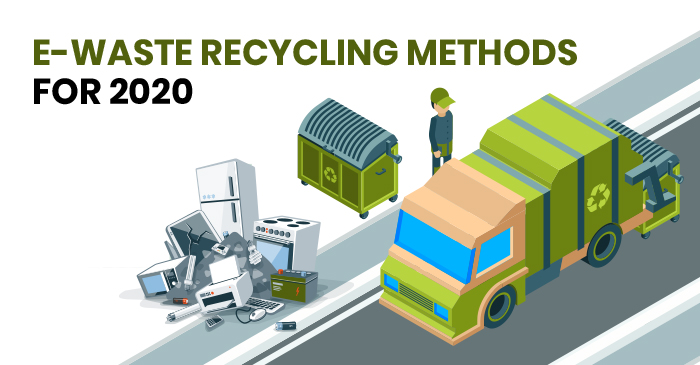When embarking on a home improvement, waste monitoring could not be the first thing on your mind, yet it's a crucial element of the procedure. By executing a couple of simple approaches, you can dramatically reduce the environmental influence of your job. From smart decluttering techniques to innovative reusing remedies, these quick ideas will not just improve the efficiency of your improvement but likewise add to a more sustainable result.
Pre-Renovation Decluttering
Prior to diving into your home improvement job, decluttering your space is an important step to ensure a smoother and more organized process. Begin by examining each area and identifying what things are important and what can be disposed of or donated. Be fierce in your decluttering initiatives; if you have not used an item in over a year, it may be time to allow it go.
Kind things into groups such as keep, give away, reuse, or dispose of. Purchase storage solutions like bins or racks to help arrange the things you choose to maintain. This won't only declutter your space however additionally make it less complicated to locate things during and after the renovation.
Decluttering before the renovation won't just simplify the process yet likewise save you money and time. You'll have a more clear vision of what needs to be done and won't be overwhelmed by unneeded products.
As soon as you've decluttered, you can move forward with your renovation project with a fresh and well organized area.
Effective Waste Sorting
To guarantee a smooth and environmentally mindful home restoration process, effective waste sorting is critical. As you start your improvement task, set up assigned sorting areas for various kinds of waste.
Placing separate containers or containers for recyclables, hazardous products, and general waste will certainly improve the disposal process and make it easier to divert recyclable products from winding up in garbage dumps.
Tag https://www.prweb.com/releases/los-angeles/junk-removal/prweb8390982.htm arranging location clearly to prevent complication and guarantee that everyone associated with the renovation recognizes where each sort of waste should go. This easy action can help protect against blending of products that could pollute recyclables or produce security threats during disposal.
Recycling and Upcycling Approaches
Efficient waste arranging collections the structure for a successful home improvement job. When it pertains to taking care of waste throughout your restoration, reusing and upcycling techniques play a crucial duty in lowering land fill waste and maximizing the possibility of your materials.
Beginning by marking separate containers for different types of recyclables like glass, plastic, and paper. Get in touch with your neighborhood recycling facilities to guarantee you're following the correct guidelines for disposal.
Consider upcycling products like old furnishings, doors, or closets instead of tossing them away. With a fresh coat of paint or some creative alterations, you can offer these products a new life in your restored room. Upcycling not just minimizes waste however also includes a special touch to your home design.
Seek contribution centers or companies that accept multiple-use structure products. By giving away products like lights, cupboards, or floor tiles, you can aid others while decluttering your area. Bear in mind, a little effort in reusing and upcycling can go a long way in making your home improvement project more lasting and eco-friendly.
Final thought
In conclusion, by adhering to the quick suggestions for handling waste throughout a home restoration, you can make the procedure extra efficient and environmentally friendly. Decluttering before starting the improvement, arranging waste into assigned containers, and thinking about reusing or upcycling options can help lessen the amount of waste going to land fills. With a little additional initiative, you can make a big impact on the sustainability of your project.
